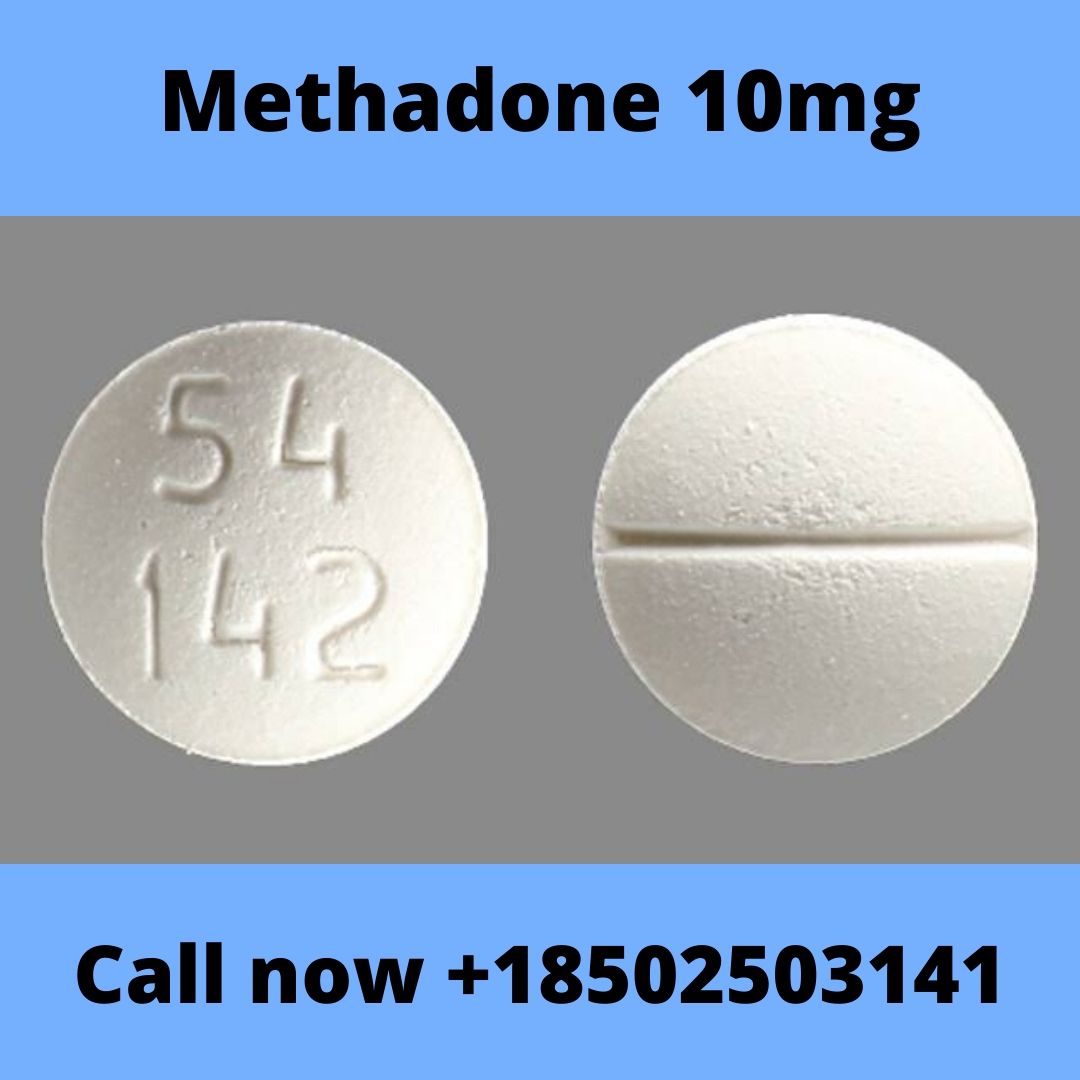| Active ingredient | Methadone |
|---|---|
| Drug Class | Opioid Agonist |
| Working | Works by preventing the withdrawal symptoms
caused by stopping other opioids |
| Kicks In | Peak plasma concentration achieved between 1 and 7.5 hours |
| Treatment Period | Over 12 months |
Overview
Methadone is categorized as an opioid. It is a prescription drug that is used for management of chronic pain, and is also prescribed to help manage withdrawal symptoms in people addicted to narcotic substances like heroin. Used in de-addiction programs as part of opioid maintenance therapy, methadone is used to replace other opioids like oxycodone, codein and morphine, serving a similar function as them but blocking the ‘high’ associated with these narcotics. Methadone changes the response of the nervous system and the brain with regard to pain, thus providing relief. It is most commonly administered orally in case of usage as a withdrawal management drug. In cases of chronic pain management, it is injected intravenously in rare cases. Individualized dosage is recommended, depending upon the usage and opioid tolerance of the patient. Methadone is not recommended for people with severe asthma or other respiratory issues, or those suffering from intestinal or stomach blockages.
How does Methadone Work?
Methadone is an opioid. It changes the way the brain and the nervous system process pain by binding to certain receptors, and provides relief to those experiencing chronic pain. It also provides a similar effect as addictive narcotic substances like heroin, morphine and oxycodone without providing the high that accompanies these opioids. It is, thus, used as a way of controlling withdrawal symptoms in people addicted to narcotic substances, helping them gradually wean off the cravings and dependence on such substances.
Uses of Methadone
Methadone is a prescription drug used to help manage chronic pain in patients. It is also effectively used as part of opioid management therapy to help manage withdrawal symptoms in addicts.
Recommended Dose
Individualized dosage by the physician prescribing the medication is highly recommended. Methadone is an opioid, and thus, the body develops what is called tolerance. Dosages, thus, vary for patients who are opioid-naive (first time users of an opioid drug) and opioid-tolerant (people who have been prescribed medication like morphine, or those addicted to heroin and other narcotics).
For Adults experiencing chronic pain
- For opioid-naive adults experiencing chronic pain, the initial prescribed dosage is 2.5 mg every 8-12 hours
- For adults converting from other opioids to methadone, suggested maximum starting dosage is 20 mg per day. Usage of published potency tables for conversion of dosage from daily baseline morphine dosage is recommended.
For Adults Experiencing Opiate Withdrawal Symptoms
For adults experiencing opiate withdrawal symptoms, an initial dose of 20-30 mg is administered orally when the withdrawal symptoms are present. Post 2-4 hours of administration of the initial dose, an additional dose of 5-10 mg may be given orally in case symptoms have not subsided, or if they reappear.
In short-term detoxification programs, it is recommended to titrate to a daily dosage, in divided doses, of 40 mg per day. A gradual decrease in the dosage in 2-day intervals after 2-3 days of the initial dose is recommended, while taking care to maintain a dose sufficient enough to keep withdrawal symptoms at a tolerable level.
Because methadone carries the risk of addiction and abuse, it is recommended to prescribe only to those patients in whom other analgesic (painkiller) treatments have been shown to be ineffective or insufficient.
Warnings
Respiratory distress is the major cause of concern when administering methadone. Care should be taken to purchase methadone only from licensed pharmacies. Use of other opioids should be immediately discontinued before starting methadone treatment, and alcohol should also be avoided during the course of treatment.
Before taking medication, discuss your medical history in detail with your doctor.
Side Effects
Methadone is a drug that needs to be taken with extreme caution as it has a variety of side effects associated with it. Overdosing can have serious consequences, including death, and even within prescribed dosage, side effects requiring immediate medical attention include:
- Black, tarry stools
- bleeding gums
- blood in the urine or stools
- blurred vision
- bulging soft spot on the head of an infant
- change in the ability to see colors, especially blue or yellow
- changes in skin color
- chest discomfort or pain
- confusion
- convulsions
- cough
- decreased urine output
- difficult or troubled breathing
- difficult, fast, noisy breathing, sometimes with wheezing
- difficulty with swallowing
- dilated neck veins
- dizziness
- extreme fatigue
- fainting
- fast, slow, or irregular heartbeat
- headache
- hives, itching, or skin rash
- increased sweating
- increased thirst
- irregular heartbeat
- irregular, fast or slow, or shallow breathing
- loss of appetite
- muscle pain or cramps
- nausea or vomiting
- numbness or tingling in the hands, feet, or lips
- pain
- pale or blue lips, fingernails, or skin
- pinpoint red spots on the skin
- swelling of the face, fingers, feet, or lower legs
- tenderness
- trouble sleeping
- trouble urinating
- unusual bleeding or bruising
- unusual tiredness or weakness
- weight gain
Storage Instructions
- Keep the medicine in the airtight container that it came in.
- Store Methadone at room temperature, away from moisture and excessive heat.
- Keep it out of children’s reach.
Frequently Asked Questions
How long does it take for deaddiction therapy involving methadone to work?
It is recommended that patients with extreme addiction to opioids use methadone for about a year while working on recovery.
Can methadone be self-administered?
Self-administration of methadone is not recommended, due its potential to cause addiction and abuse. Illegal use can easily cause overdose, and intravenous injection of methadone by sharing needles etc can cause hepatitis C.
What are the common side effects of methadone?
Some common side effects of antidepressants include anxiety, constipation, irregular or absent periods, restlessness among others.
Can pregnant women use methadone?
While methadone can pass over into breast milk through placenta, pregnant women can take methadone if they are battling heroin addiction. Infants born to mothers who use methadone may undergo mild withdrawal symptoms at birth, but they are generally healthier than those born to mothers addicted to heroin.


Reviews
There are no reviews yet.